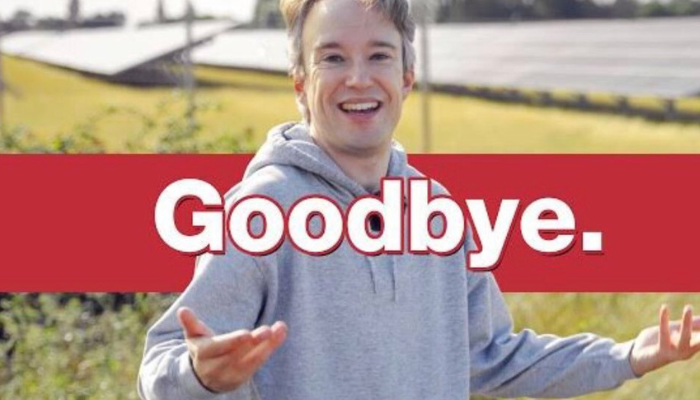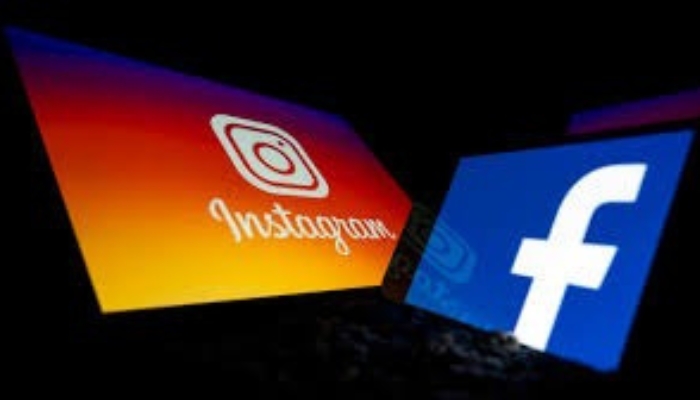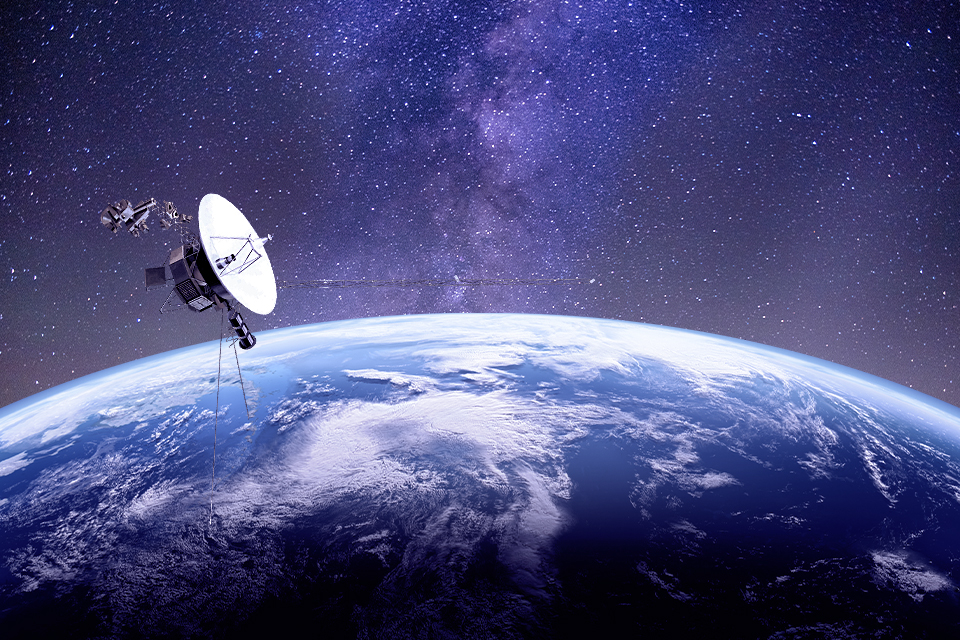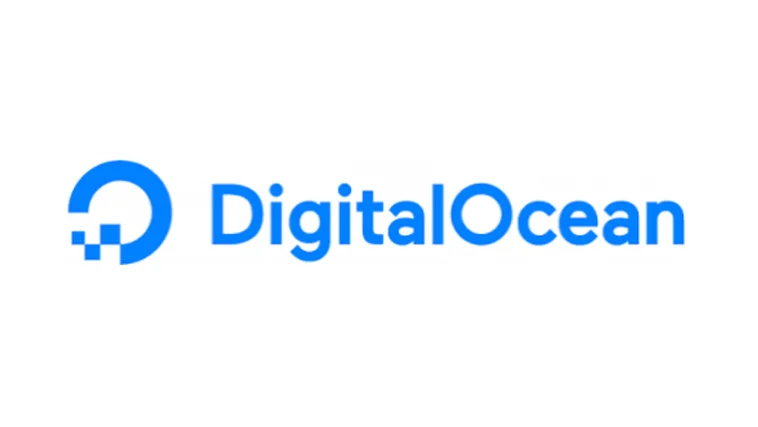
Last updated on March 21st, 2024 at 07:55 am
A British influencer uploaded a weekly video for a decade, covering topics ranging from pegasus crossings to the National Grid
Ten years ago, Tom Scott recorded a 90-second video on his phone about traffic lights on bridleways. He explained the different types of crossings in Britain, such as pelican crossings, toucan crossings, and puffin crossings, and introduced the pegasus crossing, saying, “And then, because all those are named after flying things, we have this: a pegasus crossing. And that is a thing you might not know.”
The following day, he posted another “thing you might not know” about Battersea heliport, followed by more videos on topics like flammable orange oil and many others. While the frequency settled to one video per week, the content kept flowing.
And then, abruptly, they came to an end. On New Year’s Day, exactly ten years after the first “Things You Might Not Know” video was released, Scott posted his final video. Reflecting on his journey, he stated in his farewell post, “I’ve been throwing stuff at the internet since 1999, and for many, many years, that stuff went almost nowhere. I remember thinking so many times during all those years … will any of this stuff I’m making ever work? Well, this did.”
He is not the first highly successful YouTuber to take a break from the platform. “Creator burnout” is a frequently discussed issue among influencers of all kinds, although often in private, as online personalities have discovered that seemingly dedicated audiences may not be sympathetic to complaints about the demanding schedule of content creation.
It has been five years since beauty influencer Zoe Sugg posted her last Zoella video on the platform. In the years since, nearly all of her fellow “Brit Crew” YouTubers have also gradually faded away.
However, Scott is notable for leaving on his own accord. With over 6 million subscribers on YouTube, as well as a popular newsletter and podcast, he has managed to maintain a strong presence. Interestingly, some may recognize him more from his appearance on last year’s Christmas University Challenge for York.
“I never made it to space. I never explored the ocean depths, and I never experienced flying harnessed under a helicopter. I couldn’t find a reason to do that last one. But I never missed a week,” he said in his final video. If anything, Scott ramped up as he approached the end, creating videos about the National Grid, training boats for cargo ship navigators, and a 10-minute review of every mistake he ever made on the channel.
So, why stop? “This is my dream job, and I have a lot of fun doing it,” he says. “I know I’m incredibly fortunate, but a dream job is still a job, and it’s a job that keeps growing and becoming more complex, and I am so tired.”
“I could continue to create bigger and better things, keep climbing the ladder, establish a business, hire full-time employees, and eventually become a manager, which would be fantastic for someone who isn’t me. However, I am aware that I’m not suited for that, and I would detest every moment of it. So, there’s option two. I could choose not to do that.”
In an interview with the Guardian, Scott explained that the significant changes to YouTube since he began “Things You Might Not Know” helped solidify his decision. “It seems like a lot of people who have been creating long-form videos have recently announced… not retirements, but reductions, stepping back. Everyone I know is noticing their views slowly decreasing, and consequently, their ad revenue is reducing.”
YouTube is a unique anomaly in the realm of internet platforms. Unlike any other company, it chose to allocate a significant portion of its ad revenue to creators. Whoever made this decision, back in 2007 when the YouTube Partner Program began, must have been making a daring gamble. I have no clue how it came about, but it was a success! The outcome was the birth of an entire “creator economy,” a new medium that could not have come into existence in any other manner, and one that has enabled artistic creativity that would have otherwise been unattainable.
Relying on another company’s business to build your own is never advisable, even if it seems like the only choice. With the decrease in long-form viewership, the looming threat from low-effort generative AI channels that will inevitably improve, and the vast array of competing video options, I believe the next few years will be challenging.”
The internet has changed significantly since the inception of “Things You Might Not Know,” but Scott does not believe that achieving the success he has found is necessarily more difficult—or easier—than it was before.
When I began, earning money from a venture like this wasn’t a viable option unless you aimed to be hired by an advertising agency or discovered by a talent scout. While I can’t foresee the future and my experience spans so long that I’m unfamiliar with the current landscape for newcomers, I firmly believe that passionate individuals will continue creating content regardless.





